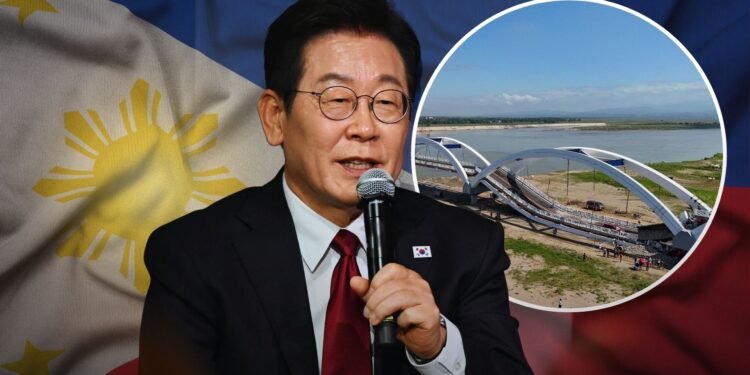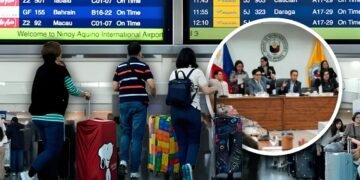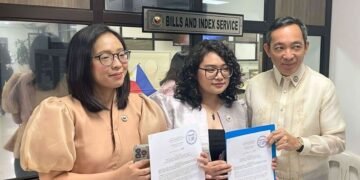South Korea suspended a ₩700 billion (₱28.7 billion) loan meant to fund hundreds of Philippine bridges after corruption concerns surfaced.
President Lee Jae-myung ordered the freeze, stressing that protecting taxpayers outweighed political pressure to continue. He emphasized that the deal had not yet begun, so no money was released from Seoul’s Economic Development Cooperation Fund.
The suspended plan involved 350 modular bridges across Luzon, Visayas, and Mindanao, with the Philippine government requesting support in 2023.
Korean finance officials had already warned of possible insolvency and poor oversight, yet the project resurfaced under alleged lobbying. Lee framed his decision as a preemptive step against waste and praised investigations that revealed the risks.
The controversy came soon after a flood-control scandal in the Philippines, where billions intended for disaster projects were allegedly siphoned off through collusion between politicians and contractors. Some accounts even called the bridge loan the “first casualty” of this widening probe.
Details also surfaced of a scaled-down version of the project, cut to 70 bridges with funding reduced to US$80–100 million, allegedly revived under political pressure. Other estimates placed the proposal at US$550 million, while another account cited a rejected 7 trillion won version flagged for insolvency.
On the Philippine side, the Department of Finance issued a categorical denial, saying no ₱28.7 billion official development assistance loan exists.
The same position was reiterated publicly, with officials stressing that the country remains committed to transparency with international partners. Updates also highlighted that the loan had been halted, even as Manila continued to reject its existence.
The clash leaves more questions than answers.
South Korea insists it acted against corruption, while the Philippines denies any deal existed. The outcome shows how foreign aid disputes go beyond numbers, becoming tests of credibility, governance, and trust.












